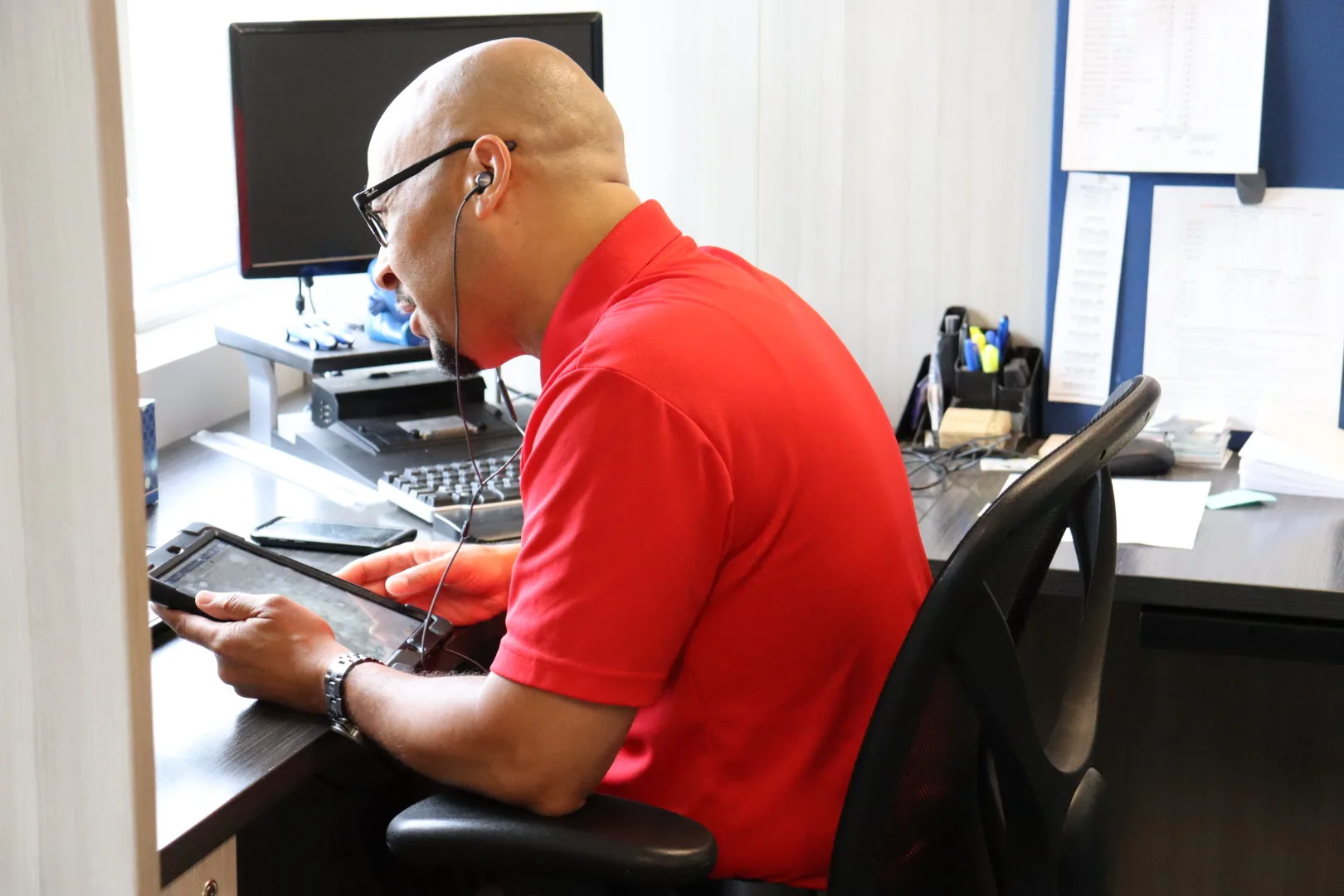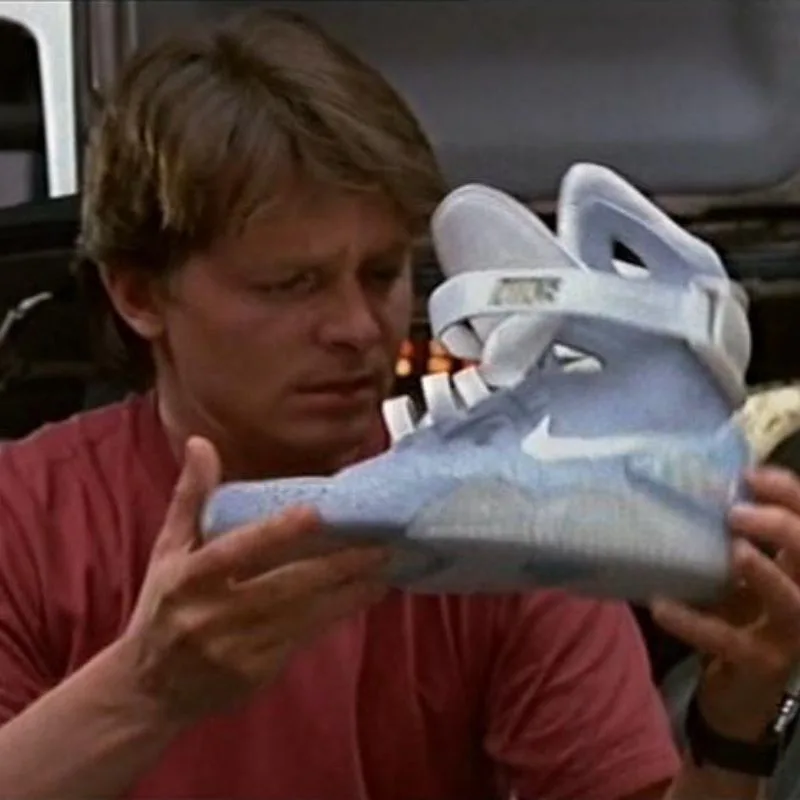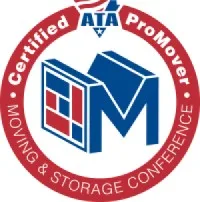How Should I Create A Moving Budget?
How Should I Create a Moving Budget?
How Should I Budget For My Move?
Moving to a new home is an exciting adventure, but it can also be a significant financial undertaking. A proper moving budget can help alleviate some of the stress and ensure that you’re financially prepared for all aspects of your move.
Here’s a comprehensive guide on how to budget effectively for your move
MOVING COMPANY VS. DO IT YOURSELF
When budgeting for your move, one of the first decisions you’ll need to make is whether to hire a professional moving company or to do it yourself.
Professional Movers: Costs can vary widely based on distance, the volume of your belongings, and additional services like packing and unpacking.
When getting a moving quote from a professional moving company, it’s important to get a home survey. A home survey ensures the movers know exactly what you are moving, whether or not their are special services required like custom crating for large TVs and mirrors, and if there are any physical factors that would affect the move, such as narrow stairways or exterior obstacles that might prevent access to the moving truck. Home surveys increase the accuracy of your moving estimate and minimize surprises on moving day.
Home surveys can be done either by having someone visit your home in person, or remotely over video.
Ace Relocation offers fast, convenient, and secure remote surveys called guided video surveys, where we chat with you in real time as you show one of our Relocation Specialists around your home. The items in your home are documented into a comprehensive inventory that allows us to generate an accurate moving estimate.

DIY Move: Renting a moving truck and doing the packing, loading, driving, and unloading yourself can cost less that hiring professionals, but remember to factor in the cost of fuel, insurance (most homeowners insurance policies do not cover damage from moving), any equipment you may need, like dollies or moving blankets, and the time it will take you to move your items on your own.
MOVING SUPPLIES
Don’t overlook the cost of moving supplies. You’ll need boxes, packing tape, bubble wrap, and markers. Buying in bulk or sourcing free boxes from local stores can save money.
TRAVEL EXPENSES
If you’re moving a long distance, consider travel expenses such as gas, food, and lodging. For air travel, don’t forget about the cost of tickets, checked baggage fees, and transportation to and from the airport.
TEMPORARY STORAGE
You might need to store your belongings temporarily if there’s a gap between moving out and moving into your new place. If you choose to move yourself and use self-storage, then in addition to the cost of self-storage, you need to factor in cost and time of renting another moving truck to move the items out of self-storage when your new home is ready. Learn the differences between self-storage vs. mover warehouse storage and what’s the best option when moving homes.
PLAN FOR UNEXPECTED EXPENSES
Emergency Fund
Set aside a portion of your budget for unexpected expenses. Things like last-minute repairs, extra packing supplies, or additional help on moving day can arise unexpectedly.
Utility Deposits
When moving to a new home, you might need to pay deposits for utilities like electricity, gas, water, and internet. Check with the utility companies in advance to know what to expect.
Cleaning and Repairs
You may need to clean your old home or make minor repairs to get your security deposit back if you’re renting. Budget for cleaning supplies, professional cleaners, or minor repair costs.
BUDGETING FOR SETTLING IN
New Furniture and Appliances
Your new home might require new furniture or appliances. Prioritize what you need immediately and what can wait. Look for sales or consider second-hand items to save money.
Initial Groceries and Supplies
Stocking a new home with groceries, toiletries, and other essentials can add up. Plan for an initial shopping trip to get the basics.
Home Improvements
If your new place needs painting, repairs, or other improvements, include these costs in your budget. Decide what you can do yourself versus what requires professional help.
CREATE A MOVING BUDGET PLAN
List All Expenses
Make a detailed list of all possible expenses, categorized by section (moving company, travel, supplies, etc.). This will give you a clear overview of what to expect.
Track Your Spending
Use a spreadsheet or budgeting app to track your expenses as you go. This will help you stay on track and adjust if needed.
Review and Adjust
Review your budget regularly and make adjustments as necessary. It’s important to be flexible and adapt to any changes or unexpected costs.
–
Budgeting for a move requires careful planning and consideration of both expected and unexpected expenses. By assessing your costs, setting aside funds for emergencies, and planning for your new home, you can ensure a smoother and more financially manageable transition. Remember, a well-prepared budget can help you stay on track and reduce the stress of moving, allowing you to enjoy the excitement of your new home.







